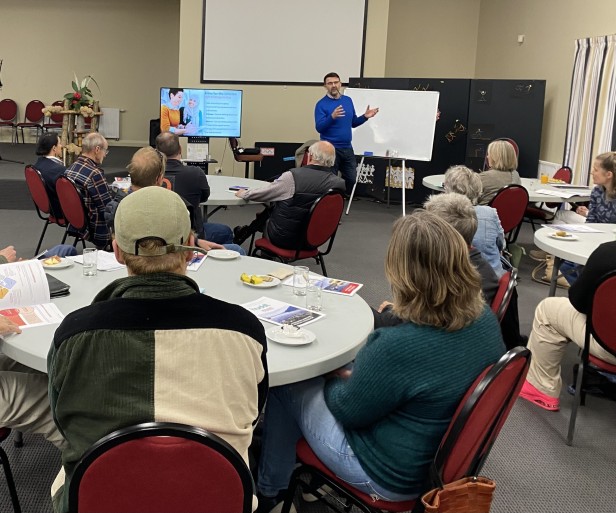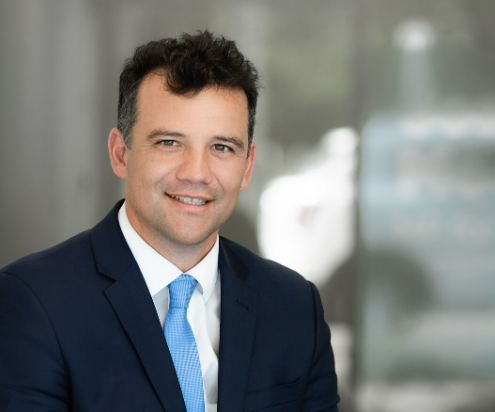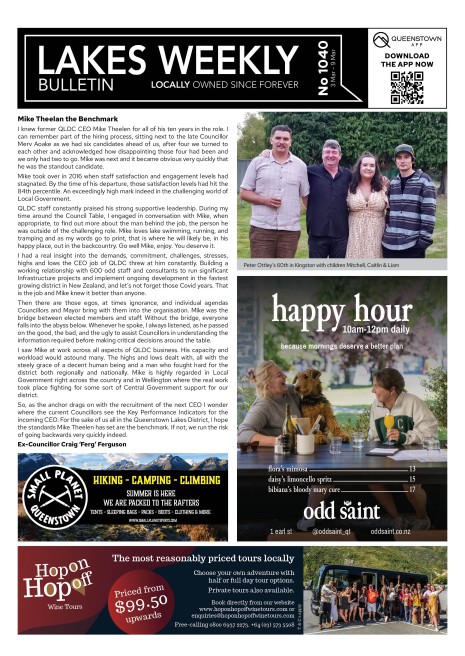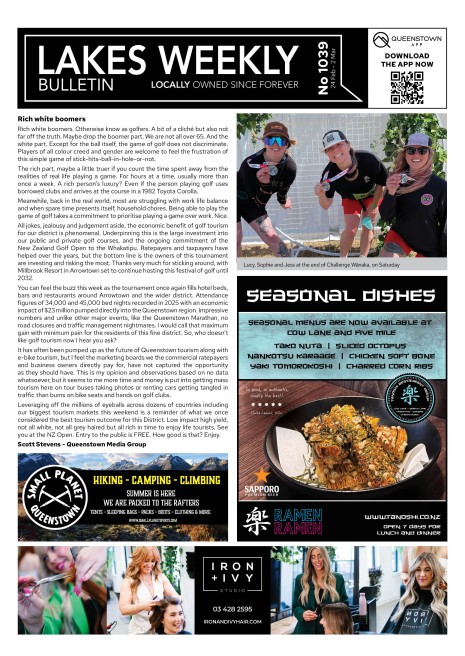So much food but nothing on the table?
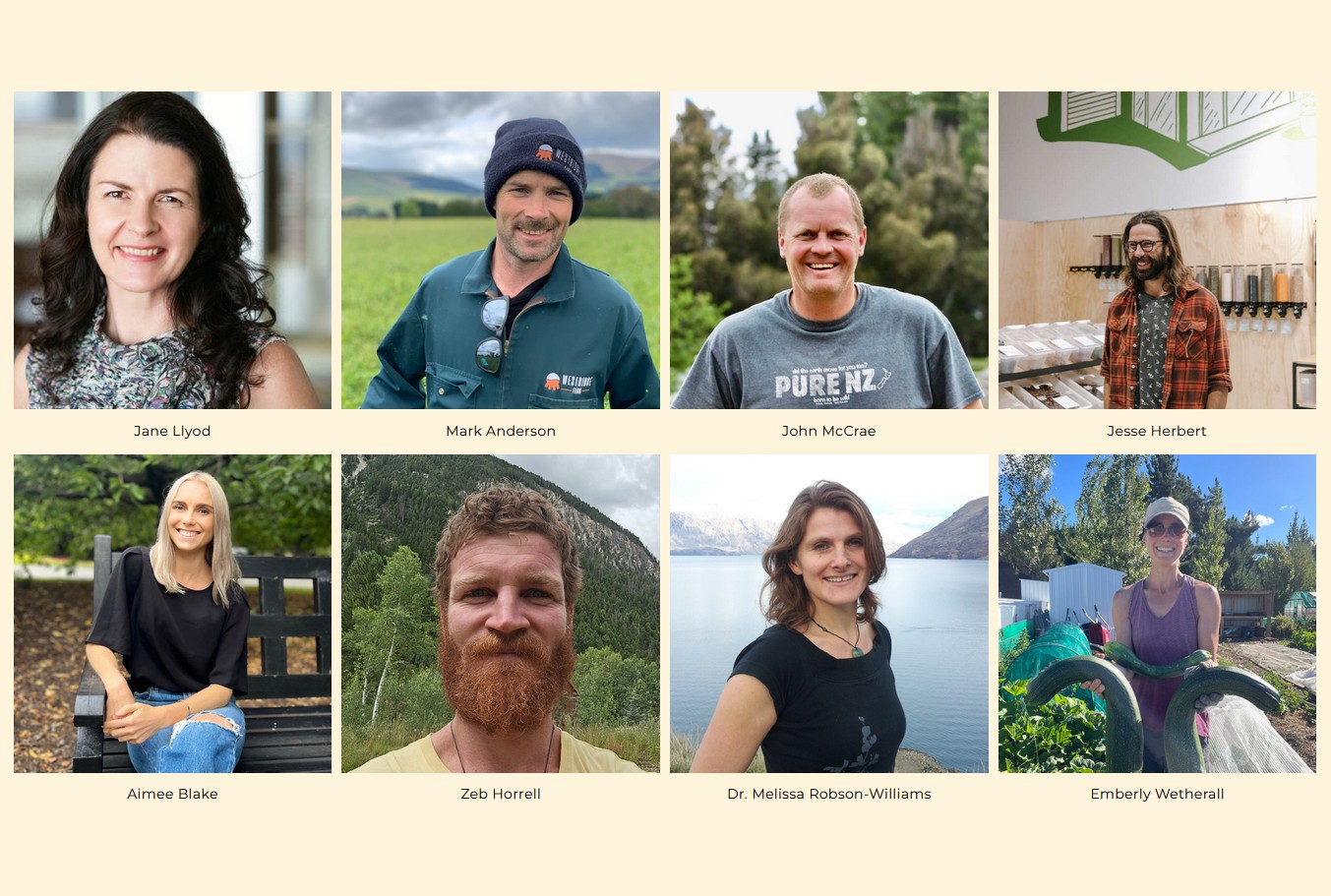
New Zealand's grocery sector is now worth a staggering $25 billion, a figure that paints a concerning picture of our food system. This growth isn’t driven by prosperity but by increasing food prices, consolidation of power, and the growing gap between those who can afford nutritious, sustainable food and those who can't.
As supermarkets dominate, local producers and consumers alike are left grappling with rising costs and limited options. It’s a wake-up call, demanding that we rethink how we source, produce, and consume food in a way that prioritizes resilience, fairness, and sustainability.
The Commerce Commission’s recent decision to reject a proposed merger by Foodstuffs highlights the lack of competition and control within the food supply chain. With two supermarket giants already dominating the market, the merger would have further concentrated power, limiting consumer choice and keeping food prices artificially high.
A Path Forward: Food Resilience Day at Wao Summit
The escalating costs in the grocery sector highlight the need to build food systems that are more resilient to external pressures. This is where the Wao Summit 2024’s Food Resilience Day becomes particularly relevant. As food prices soar and control over the food supply remains concentrated in a few hands, the Food Resilience Day offers a platform to explore alternative, community-driven approaches to food production and distribution.
At the summit, local producers, innovators, and international experts will share insights on how to create food systems that prioritize local, regenerative agriculture, ensuring that we aren’t solely reliant on corporate supply chains that perpetuate inequality and environmental degradation.
The day opens with food system expert Jayne Lloyd , exploring what Food Resilience actually means.
A master class on regenerative farming with Mark Anderson from Westridge Farm, demonstrating how growing food can actually enhance ecosystems, restore biodiversity and improve soil health. You will also hear from Hawea Food forest and Emberly Weatherall from Grow Wānaka as they discuss grassroots growing.
Addressing Food Sovereignty in a Corporate-Dominated Landscape
The Commerce Commission’s intervention is a step toward addressing market imbalances, but the broader issue of Food Sovereignty—the right of people to define their own food systems—remains. At the Wao Summit, the Future Food Models session with our local food heroes Jesse Herbert from Freshlink, Wānaka and Zeb Horrell - Future Whenua will center conversations on how communities can reclaim power from large supermarket chains. By supporting local farmers, reducing dependence on global supply chains, and prioritizing sustainable practices, food sovereignty becomes not just a vision, but a practical reality.
Food sovereignty ensures that communities have a say in how their food is grown, distributed, and consumed. This focus on local decision-making contrasts sharply with the current system, where supermarket giants dictate food choices and prices. By attending Food Resilience Day, participants will be empowered with strategies to support local producers, advocate for fairer food systems, and push back against corporate dominance.You will also be treated to food resilience initiatives in action. Enjoy lunch while listening to John McRae discuss the Glendhu Worm Farm project.
Local Food Systems as the Future
The rejection of the Foodstuffs merger by the Commerce Commission may prevent further consolidation of power in the short term, but it highlights the broader issue of our reliance on large-scale grocery chains. Local food systems are a key solution to this problem. By supporting local growers, reducing the distance food travels, and voting with your dollar by buying local, we can build resilience into our food systems. Join Julia Blackford for an update on the local Queenstown Lakes Food Resilience project and launch of the Southern Lakes Kai Collective, followed by a facilitated brainstorming session to explore how we can create a national network for a resilient, people-focused, and environmentally sustainable food system.
Call to Action
As New Zealand’s $25 billion grocery sector grows ever more concentrated, the need to develop alternative food systems becomes clear. The Wao Summit’s Food Resilience Day offers the tools, insights, and connections needed to shift the balance of power from corporate giants back to communities. Now is the time to act—by supporting local producers, reducing food waste, and ensuring that everyone has access to healthy, affordable, and sustainably produced food.
Together, we can reshape the future of food in Aotearoa New Zealand, creating systems that work for people and the planet, not just for corporate profits.
Join us on Tuesday 29th October at Glendhu Bay.


